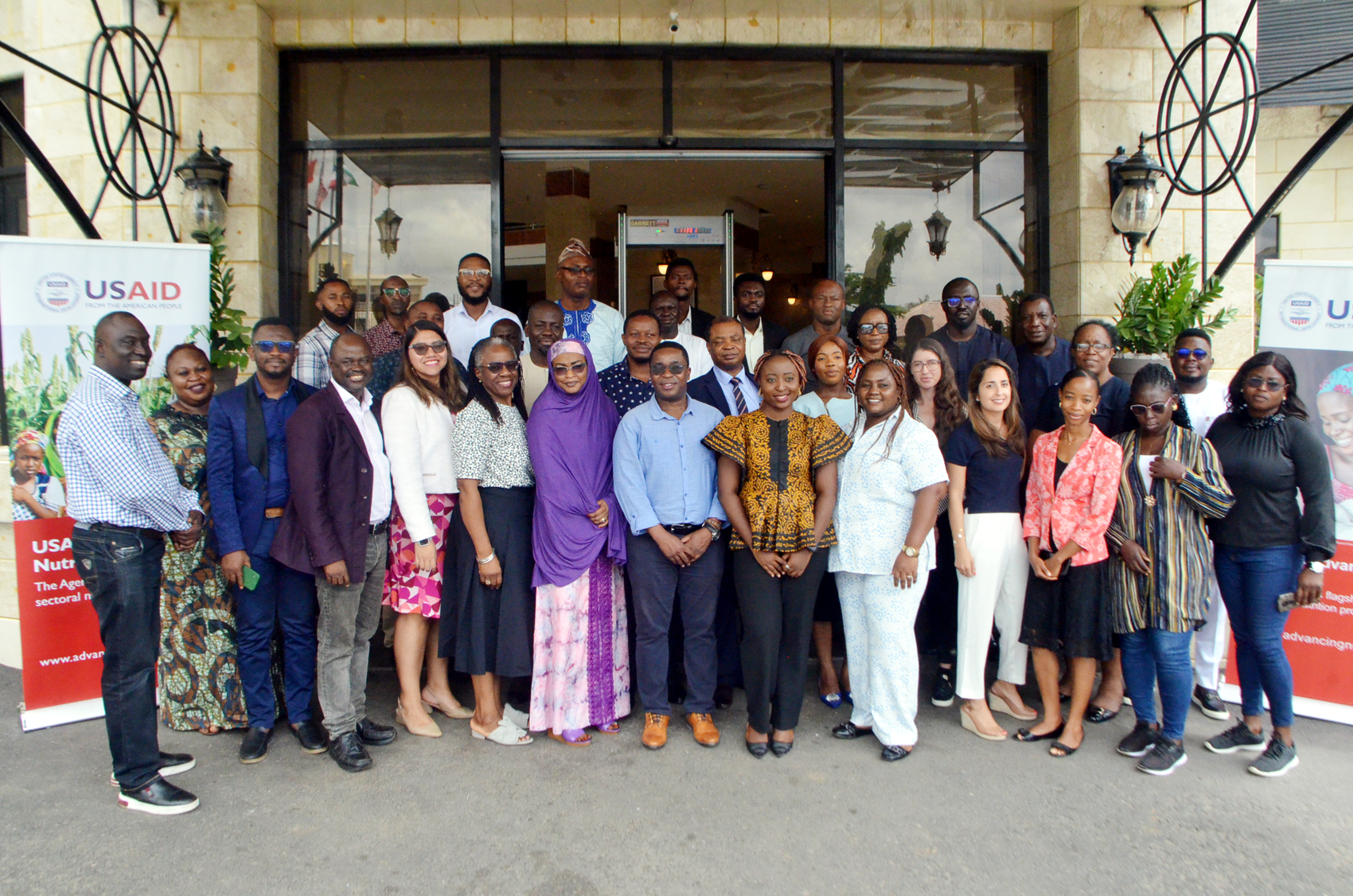News
FG, USAID launches national nutrition documents

By Chidinma Chukwu
As part of efforts to address malnutrition in Nigeria, Federal government in collaboration with the United States Agency for International Development (USAID), has launched the National Nutrition Policies, Strategies and Guidelines.

These documents, according to the Minister of Health, Dr Osagie Ehanire, provide strategic direction and guidance on effective implementation of evidence based, cost effective and high impact nutrition interventions that will ensure adequate nutrition for mothers and children.
The Minister who was represented by a Director in the Ministry, Dr Salma Ibrahim explained that malnutrition is the underlying cause of most health challenges across the spectrum of life with the worst manifestation seen in children who are less than five years.
“According to NDHS, stunting children under 5 years is 37%, wasting 7.2%, iron deficiency anaemia is 68%, while anaemia in women of reproductive age is 61%.
“The Federal government of Nigeria remain committed to the improvement of the nutrition status of the populace and the government recognises that eradicating malnutrition will yield substantial economic, social and human capital development benefits. This requires concerted efforts from government at all levels, partners and all relevant stakeholders.
“With the support of the World Bank Group, investment in nutrition was prioritised through multi-sectoral ANRIN project domiciled in the FMOH, other Federal implementing entities, and twelve states.
“The project is focused on increasing the utilization of quality, cost effective services for pregnant and lactating women, adolescent girls and children under 5 years of age. It is expected that the gains of this investment in the coming years will set the trajectory for and indeed result in significant reduction in the stunting rate in Nigeria.
“This necessitates policy direction for implementation of nutrition activities across the country, which is provided by the Federal Ministry of Health,” he added.
On his part, Chief Nutritionist USAID, Shawn Baker stated that globally, conflicts and war destabilises supply of food and that contributes to the multiplied effects on nutrition.
He said “To really address malnutrition, we need to move from just the technical issues to a high lot of priority. We need to bring together key sectors, particularly the food sector, the health sector and our humanitarian response in a way that is going to address most of the need of nutrition for mothers and their children”.
Baker said, although there are policies and systems in place, adequate financing and implementation guide that will translate these policies into the level of coverage needed for intervention is very important.
He added that, it will be of great achievement, if Nigeria, being the giant of Africa, is liberated from scourge of Malnutrition.
“If you look at the first priority, the burden of death driven by under nutrition, unfortunately, Nigeria rank 1st on the continent and 2nd in the world. African’s incredible ambition on nutrition cannot be realised if there is no success here in Nigeria,” Baker stressed.

























